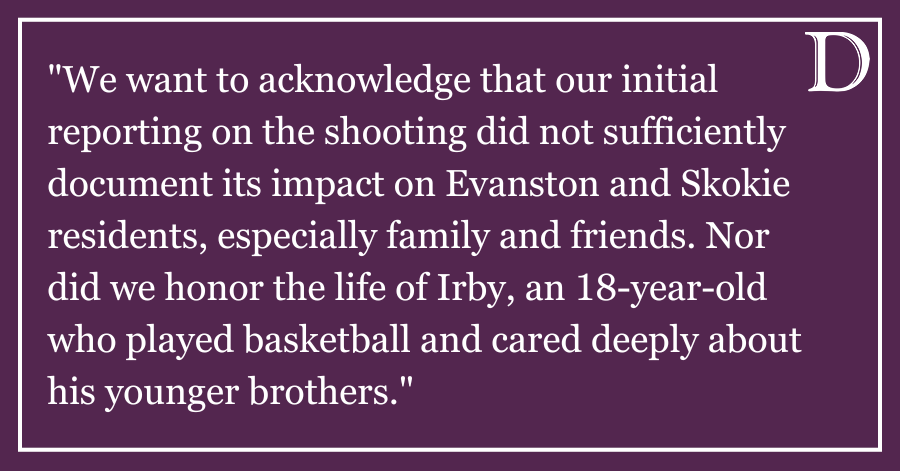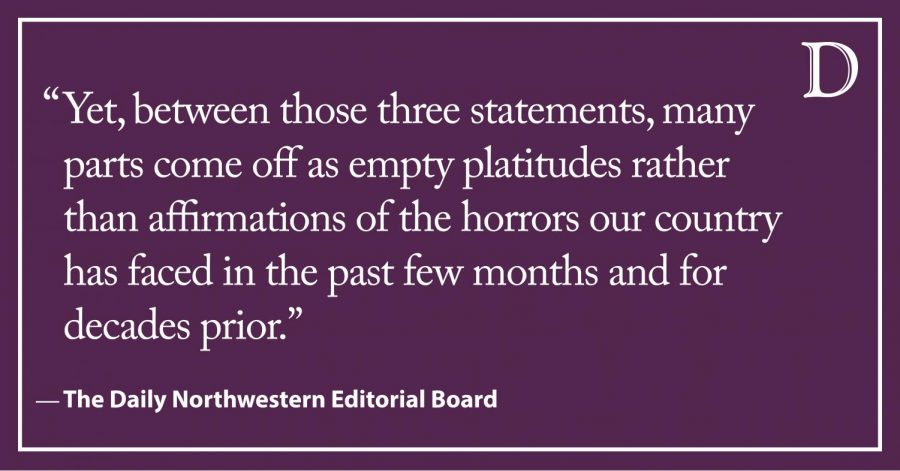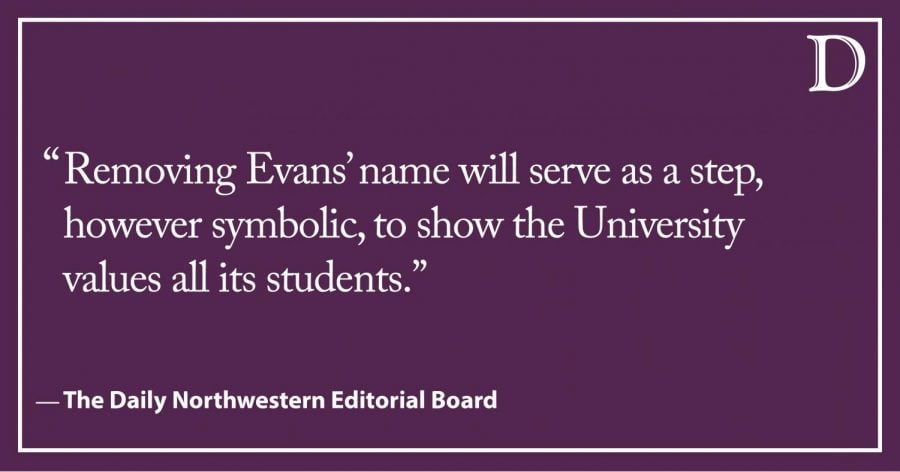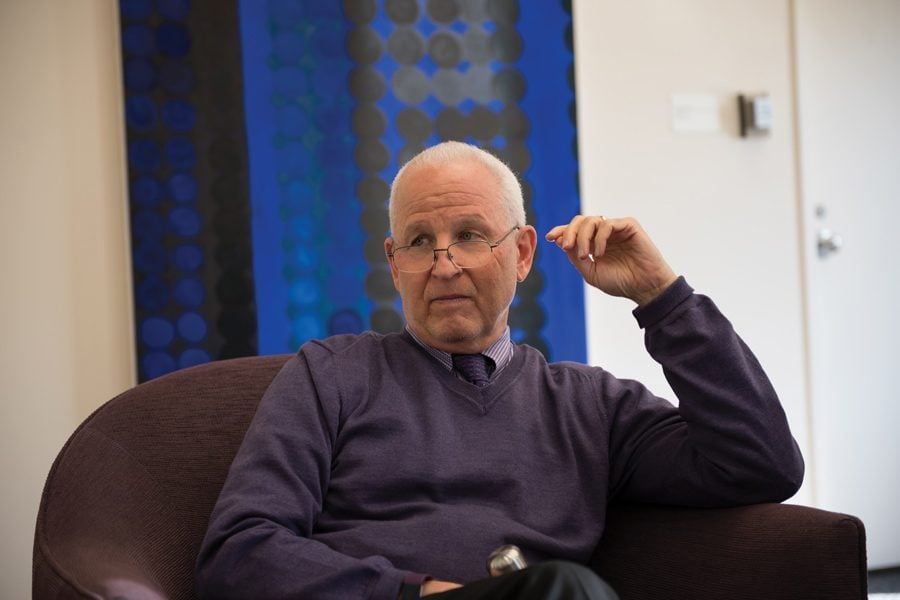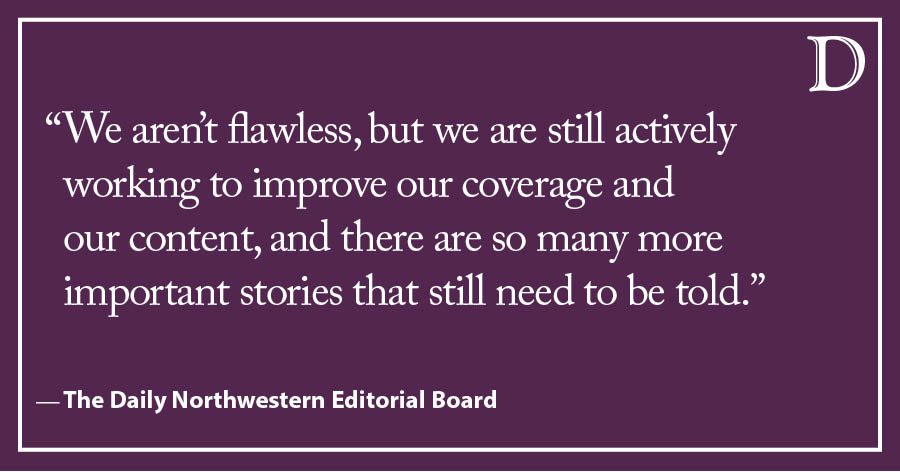There is no doubt Project Wildcat, the most popular pre-orientation program on campus and the focus of a feature story in today’s edition, has provided defining experiences for many of its freshman participants.
Numerous students and counselors have given positive accounts of the trip, and The Daily appreciates the value of an outdoor pre-orientation program. Wilderness trips provide the sort of bonding that, for many students, is an important introduction to college. But The Daily questions whether P-Wild, if it continues some of its current ‘bonding’ methods, is the right program to offer that experience.
Complaints about pervasive nudity, initial isolation from counselors and other shock tactics should not be dismissed simply because they appear to represent a minority. Incoming freshmen receive literature about all the pre-orientation programs, and P-Wild should not advertise itself alongside other organizations if it continues to flirt with, if not violate, the University’s hazing policies.
On the University-hosted P-Wild website, the group advertises itself as “right for anyone.” P-Wild may aim to be all-inclusive, but not all incoming freshmen would opt to be included in the program if some of its bonding tactics were better publicized in its advertising literature.
This year’s P-Wild co-chairs, Weinberg junior Oliver Williams and SESP junior Emily Roskey, have acknowledged a need to improve the group’s safety measures and establish more oversight in ensuring bonding methods are in keeping with the University’s hazing code.
The Daily appreciates their willingness to publicly acknowledge potential issues and their commitment to making the wilderness trips both safe and fun.
“A line may have been crossed, but we want to make sure it isn’t crossed again,” Williams said in today’s story.
The Daily hopes this is true but also recognizes the difficulty of changing a long-standing and much-beloved culture on campus. If P-Wild counselors do not intend to change some of their methods, they should consider the possibility of becoming an autonomous outdoor organization not affiliated with pre-orientation, which offers students their first glimpse of college life.
In deliberately testing the limits of their campers’ comfort levels, P-Wild would be better suited to working with students who have been on campus for long enough to know their own comfort level. There is a decided difference between liberating a camper’s inhibitions and forcing them via group think to participate in potentially offensive activities.
For students who are uncomfortable with some of the more controversial methods P-Wild members employ, there is no exit strategy on these trips. Thus ensuring a safe and nurturing environment should be of greatest import to P-Wild if it continues to be University-subsidized.
As it stands, the group is almost entirely student run and has an existing infrastructure that could readily translate into a student group.
The Daily believes P-Wild, as with any student group, should either fully comply with University expectations or end its relationship with pre-orientation programing.
